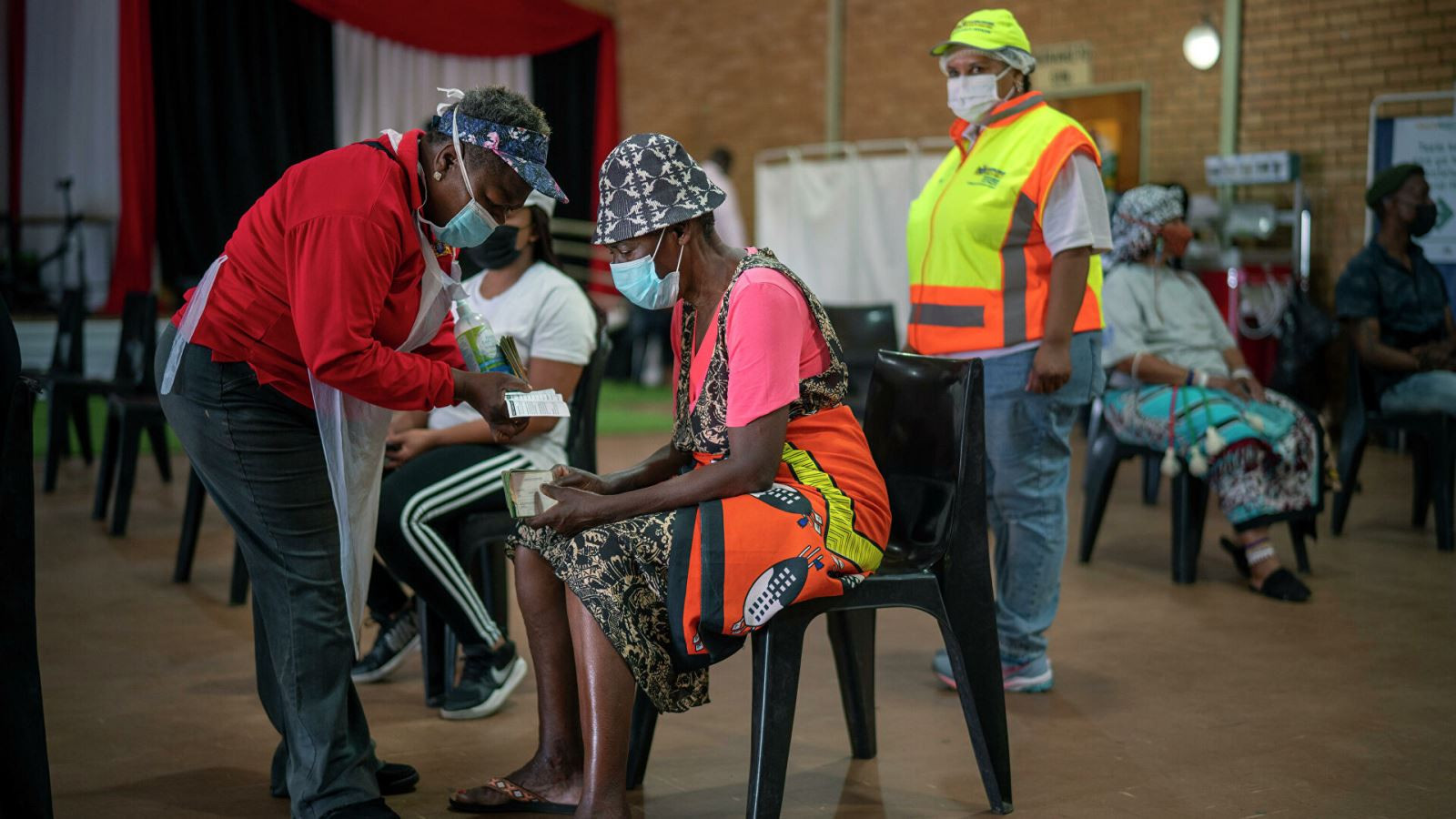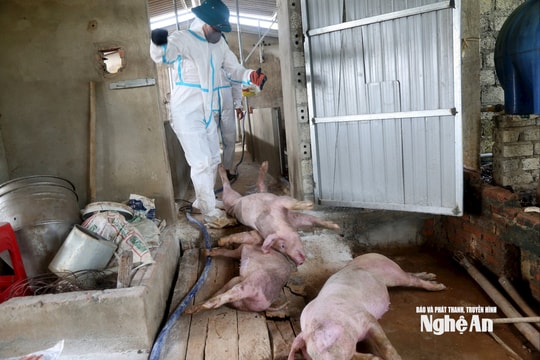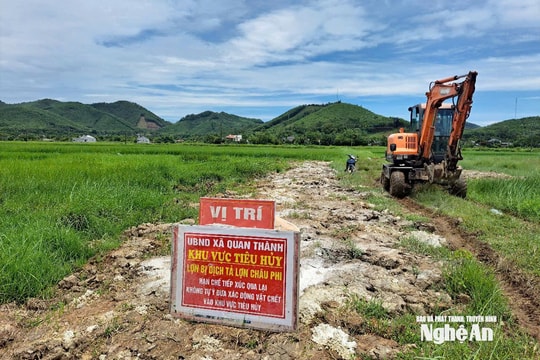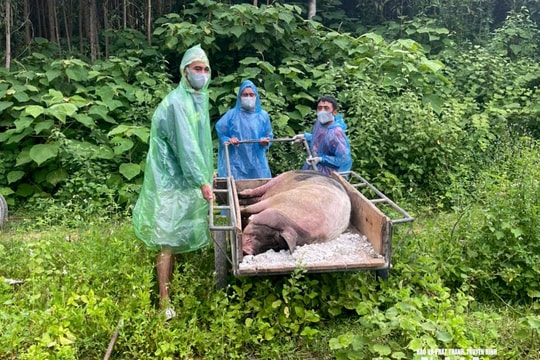Some African countries have entered the endemic phase of the COVID-19 epidemic.
Many African countries are entering a less severe phase of the pandemic amid a surge in cases of the Omicron variant, leading scientists say.
 |
| People at an orange farm in South Africa listen to a nurse's advice after receiving the COVID-19 vaccine. Photo: AP |
Last year, Jambo began studying the number of COVID-19 cases in Malawi since the outbreak began. The results showed that the number of Malawians infected with the virus was much higher and more widespread than Jambo had predicted. Many people were infected before the Omicron variant emerged.
Before the Omicron wave hit, Malawi had not been hit particularly hard by COVID-19. “At that time, it seemed like less than 10% of the population had tested positive for SARS-CoV-2,” Jambo said. “Hospitalizations were also surprisingly low.”
This prompted Jambo and his team to look for a new source of information. They turned their attention to a blood bank that had been collected for months. They found that at the beginning of the third wave of COVID-19 last summer, when Malawi was overwhelmed by the Delta variant, 80% of the population was infected.
He predicts that the vast majority of these cases will be asymptomatic, meaning many people will have a mild illness that will not require testing or hospitalization. Meanwhile, less than 5% of Malawians have been fully vaccinated, so it is likely that those infected have antibodies that prevent severe disease from earlier variants. Mr. Jambo also explained that the average age of Malawians is only about 18, an age at which the risk of severe disease and death is lower.
But more importantly, Mr. Jambo sees this as meaning Malawi is moving into a new phase and the pandemic may be coming to an end. That is, the stage where COVID-19 becomes endemic, similar to seasonal diseases, like colds or flu.
Scientists also believe Malawi is just one of several African countries to have reached this milestone in the fight against the pandemic. Similar studies have been conducted in Kenya, Madagascar and South Africa. In fact, many regions in Africa have had similar results, Mr Jambo said.
Now, as the Omicron wave is peaking across Africa, countries are seeing similar trends: cases are rising sharply, while severe cases, hospitalizations and deaths are very low.
South Africa, however, has not been so lucky. Although the country has also pushed for vaccinations, its population is much older than Malawi’s, which is why South African hospitals were overwhelmed during last summer’s Delta wave.
Shabir Madhi, a researcher at the University of the Witwatersrand, believes that South Africa is three-quarters of the way through the pandemic. After the Omicron wave, perhaps 80% of South Africans have developed immunity against severe illness and death. Mahdi said that to better control the epidemic, South Africa needs to ensure that at least 90% of people over 50 are fully vaccinated.
He suggested that when the next variant emerges, it’s important not to panic about a simple increase in cases. This expert believes a surge in cases is inevitable. Instead of preventing it, officials should focus more on its potential to cause severe illness and death.


.jpg)
.jpg)




